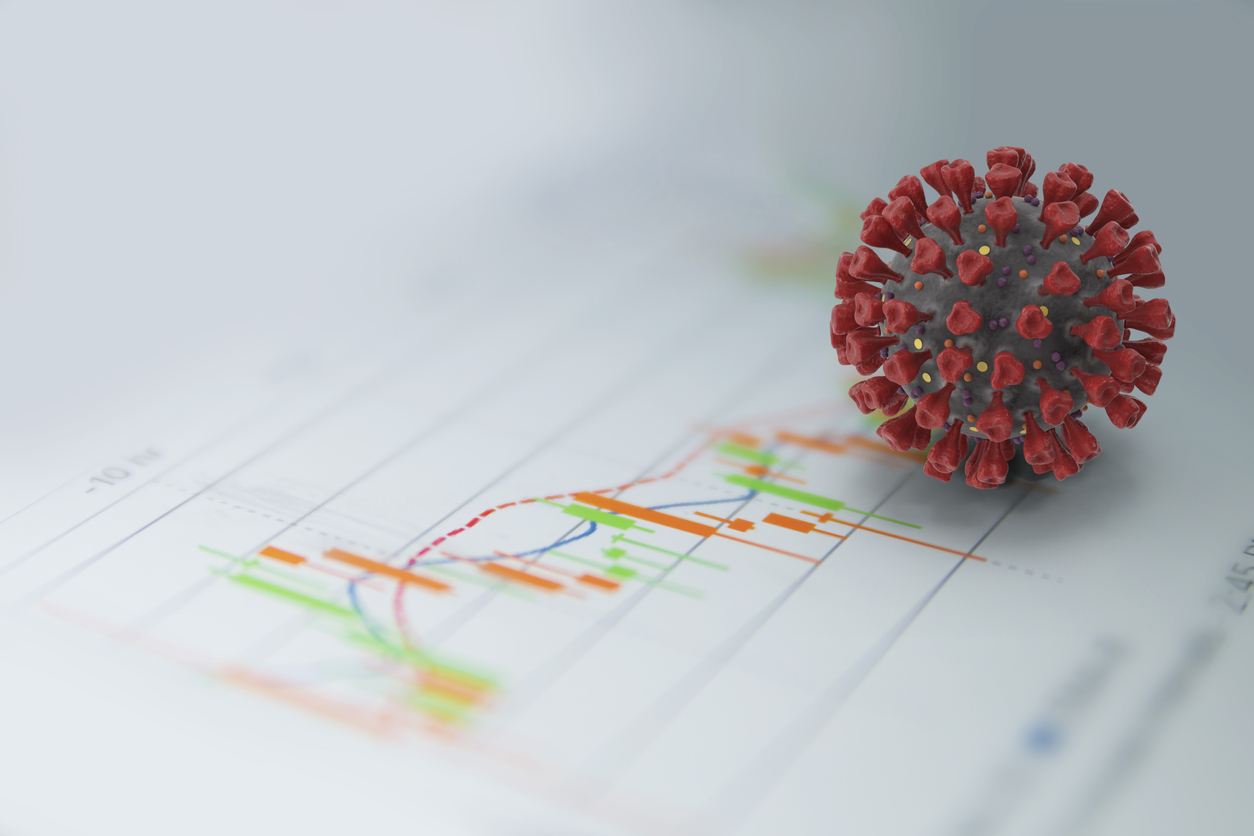How the pharmacy profession around the world responded to the Covid-19 pandemic is detailed in a new report published by the International Pharmaceutical Federation (FIP) recently, 1,000 days since the World Health Organisation declared the new coronavirus a Public Health Emergency of International Concern.
The global response of pharmacy to the pandemic: The contribution of the profession to Covid-19 documents the actions taken by FIP since 30 January 2020 to date, describing how the Federation supported international solidarity, advocated the value of pharmacy on pandemic response, gathered evidence of impact, and adapted its ways of working.
“One of FIP’s guiding principles is to adapt our leadership and focus through uncertain times to continue to steer, support and represent the pharmacy profession and our members worldwide. Supporting our members through the Covid-19 pandemic became an imperative for FIP and this report describes the key pillars that underpinned our response and how we navigated to continue to serve our members,” said FIP CEO Dr Catherine Duggan.
The report also presents the findings of a sample of FIP member organisations on their pandemic activities to February 2022, with information coming from 42 countries and territories. The responses of these national professional organisations included: Developing and updating of clinical guidance; public education programmes; providing education for health professionals; facilitating supplies of medicines and personal protective equipment; supporting diagnostic testing and vaccinations in pharmacies; science and research; and progressing changes in law. Organisations’ main challenges during the pandemic, how some of these have been overcome, and their leadership strategies are also shared in the new report.
“FIP has been tracking, collating and monitoring pharmacy’s response to the pandemic since the start of the pandemic. We offer this report to the entire profession in order to share best practices and lessons from our members worldwide so that we are better prepared for future pandemics and recovery and to build our sustainable approach to future preparedness,’’ Dr Duggan said







